COVID-19 outbreak in U.S. echoes events in Chinese HSC student’s homeland
By Diane Smith
Exhausted and stressed are terms Dr. Yu Tao uses to describe how she felt in early 2020 as she monitored the path of COVID-19 as it emerged in her native China and moved across the globe.
Dr. Tao, a licensed physician in China, is a PhD student at The University of North Texas Health Science Center at Fort Worth. She was a resident at Renmin Hospital of Wuhan University from September 2016 through June 2019.
“It is necessary for us – medical and graduate students – to figure how this virus happened,” Dr. Tao said. “We cannot just let it go because many, many people died.”
Dr. Tao hopes answers will prevent the disease from attacking the world again.
Dr. Tao is one of nine students from China enrolled at HSC Fort Worth. There are 66 international students enrolled in classes, said Leslie Crosdale, Director of the International Services Office. Twenty of those students will be graduating in May 2020.
HSC has offered support to international students and reached out during the unfolding crisis, Crosdale said.
Last fall, Dr. Tao arrived at the Fort Worth campus ready to raise her level of expertise about diabetic kidney disease. This month, the 26-year-old finds herself learning off-campus while the United States works to combat the same virus that forced her parents into isolation in the Anhui Province in China.
Dr. Tao said she approaches each day with optimism.
“The disease was controlled in China, which is a good start; and I believe the disease can also be controlled in the U.S.,” Dr. Tao said. “We will overcome it for sure.”
‘I realized it was very severe’
She said the virus is under control in Dr. Tao’s home province.
“My parents are very safe,” she said. “They isolated. My mom is now working. She is very good.”
Dr. Tao’s parents went into isolation in February. She kept in touch with family via social media.
“Now, they contact me every day to make sure I am good,” Dr. Tao said. “They worry about me now.”
But in January, COVID-19’s emergence in Wuhan, China, was a real-time crisis for Dr. Tao. A doctor and nurse she knew died.
Dr. Tao tried to help. In February, she joined forces with charity organizations to send masks and medical gowns to hospitals in Hubei Province. Wuhan is the capital of Hubei.
Dr. Tao kept in touch with family and former colleagues. She learned that about 40 percent of her previous colleagues in the nephrology department of the Renmin Hospital of Wuhan University got infected.
“I realized it was very severe,” Dr. Tao said. “At the beginning, they didn’t realize how fast the virus can be propagated so they didn’t pay much attention. They just wore masks, but masks did not protect them very well.”
Dr. Tao said a colleague who was pregnant got infected.
“The good news is all of my previous colleagues recovered,” she said. “My friend, she had her baby, and the baby was very healthy.”
China’s experience
Dr. Tao’s contacts in China helped her learn about the mysterious virus before the outbreak reached Texas. Colleagues told her that fever wasn’t always a symptom of the disease. One friend told her he was fatigued and didn’t have an appetite.
Dr. Tao said patients who smoked or had pulmonary disease were more vulnerable. Young people were not immune to the disease, she said.
“There many patients with no symptoms,” she said, adding that patients were tested multiple times before the virus was detected.
Dr. Tao said colleagues told her they used the anti-malaria drug hydroxycholoroquine to fight the virus in China. In the United States, Anthony Fauci, Director of the U.S. National Institute of Allergy and Infectious Diseases, said the drug needs further testing.
Dr. Tao said patients with mild symptoms were able to recover by themselves.
She said China built temporary hospitals for people experiencing milder symptoms. Those patients were given treatments to boost their immune systems.
Health professionals across the world continue to search for cures, vaccines and answers to COVID-19.
“We haven’t seen a virus with such a strong propagating ability,” Dr. Tao said. “It is necessary to investigate the origin. Why can this virus happen? How did we get this virus?”
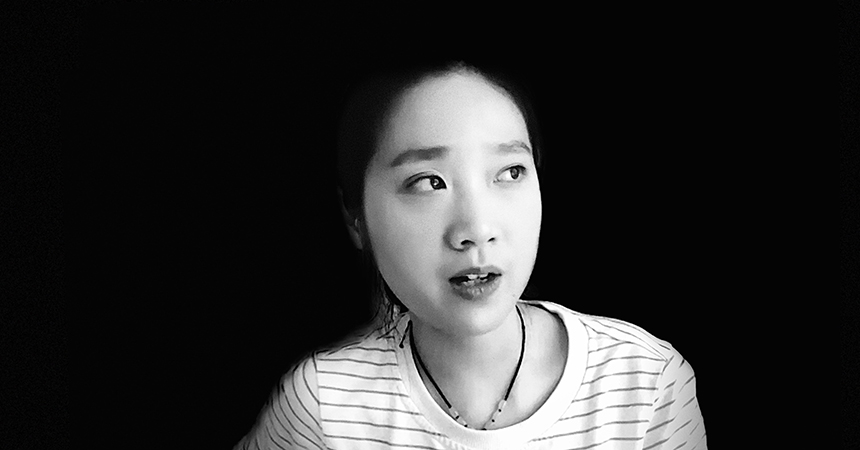
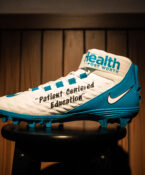
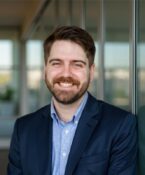
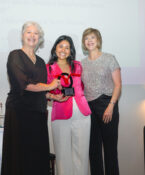
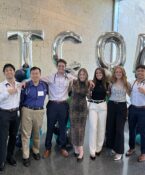


Social media